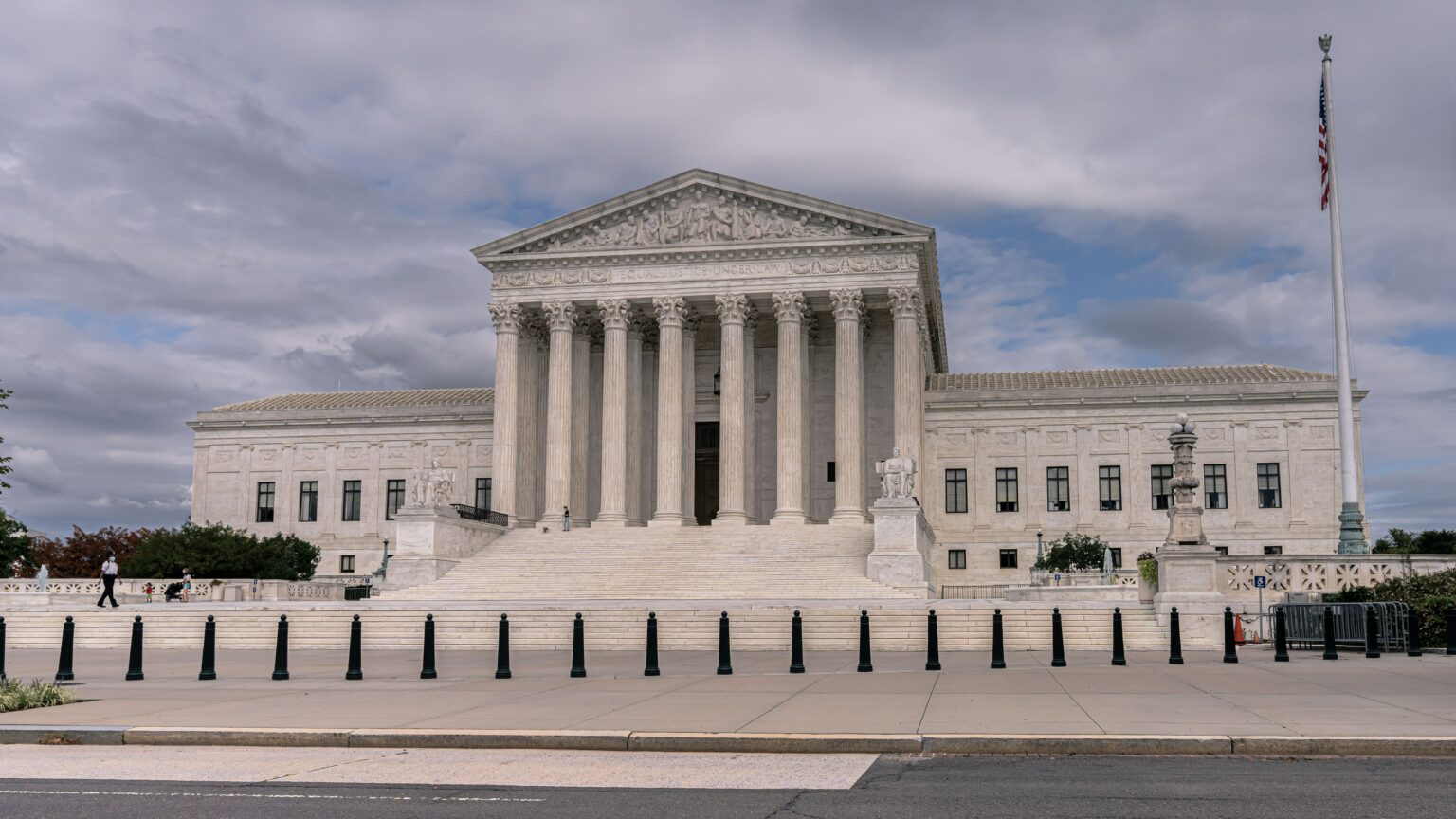The Supreme Court’s nine Justices ruled unanimously Tuesday in favor of a deaf student who sued his public school system for providing an inadequate education.
Perez v Sturgis Public Schools involved two laws, the Americans with Disabilities Act (ADA) and the Individuals with Disabilities Education Act (IDEA). The latter guarantees children with disabilities a free public education that is tailored to their specific needs.
Lawyers for Miguel Luna Perez, a deaf student who attended public school in Sturgis, Michigan, said that for more than a decade the school system failed to provide him with a qualified sign language interpreter and misled his parents into falsely believing he was on track to earn his high school diploma, including by inflating his grades.
Just before graduation, however, his family was told he qualified only for a “certificate of completion,” not a diploma. And Perez, who emigrated to the U.S. from Mexico at age 9, continues to have difficulty making himself understood.
Perez’s family and the school district ultimately settled. The school district agreed to pay for extra schooling and sign language instruction for Perez and his family, among other things. The family then went to federal court and sought monetary damages under the ADA, which aren’t available under the IDEA.
Lower courts, however, said that to sue under the ADA Perez should not have agreed to the initial settlement.
Perez’s lawyers argued that it was more complicated than that. Congress has inserted a provision in the IDEA which requires families to complete the administrative procedure process for their educational claims under the special education law before suing under other federal laws such as the ADA.
The Supreme Court agreed with Perez’s lawyers that the family could pursue monetary damages under federal law. In an eight-page opinion for the Court, Justice Neil Gorsuch wrote that the case “holds consequences not just for Mr. Perez but for a great many children with disabilities and their parents.”


